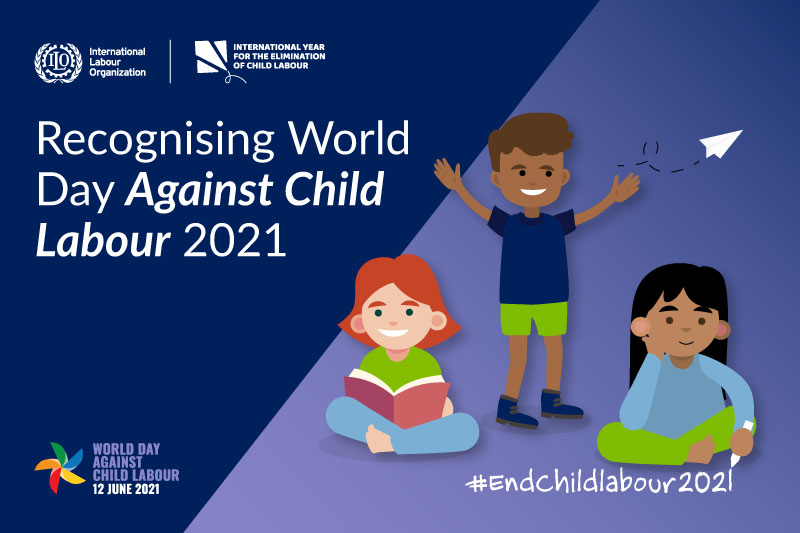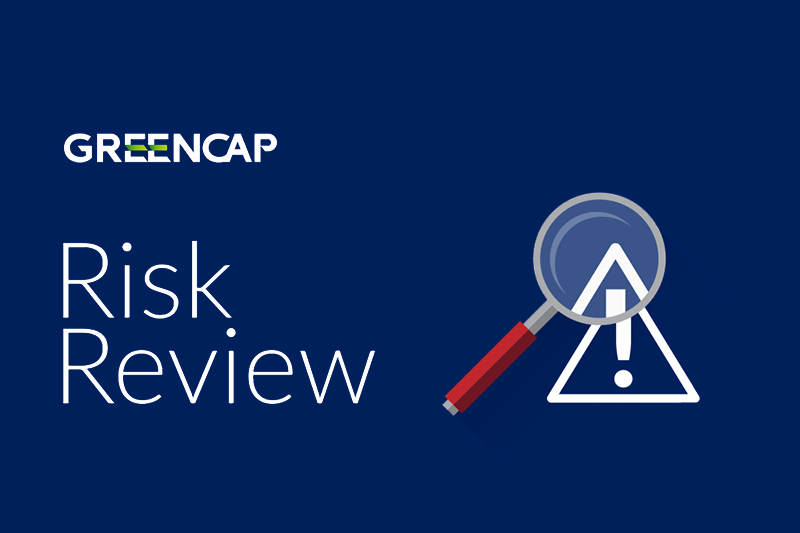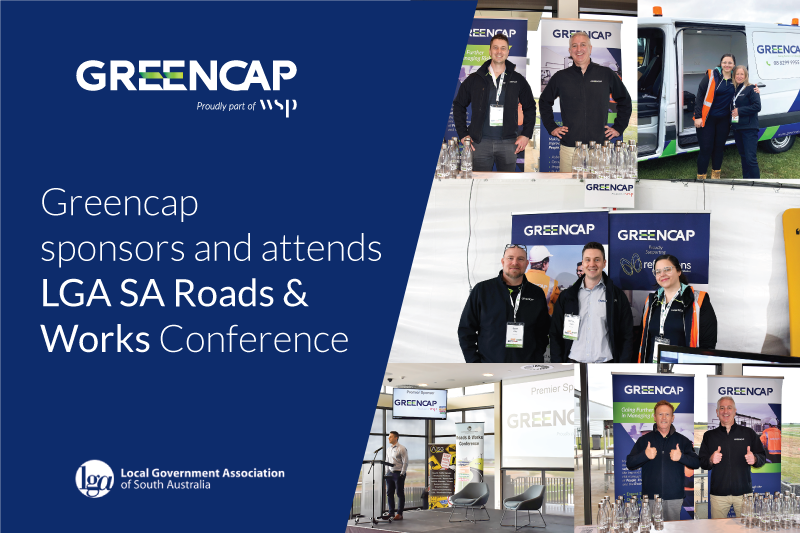News & Insights
Recognising World Day Against Child Labour
Occurring annually on the 12th of June, World Day Against Child Labour aims to provide awareness to the issue of child labour and empower everyone to take action against it.
2021 has been declared the International Year for the Elimination of Child Labour. Whilst it is heartening that child labour has decreased 38% over the last decade, there is significant action required in order to address the remained 152 million children that are estimated to still be in child labour.
What is Child Labour?
Child Labour can take many forms, and it is defined by international standards as “work that is hazardous, demands too many hours, or is performed by children who are too young”. Children may be put to work through necessity for survival, adult exploitation of their vulnerability, deficiencies in available education, and as a result of cultural customs and traditions.
Nearly half of all modern child labour occurs in Africa, however it is a significant issue throughout Asia and the Pacific.
Learn more about how and why child labour happens on the End Child Labour website.
Eliminating Child Labour from Your Supply Chain
Coming into force on 1 January 2019, the Modern Slavery Act 2018 (the Act) requires companies (with annual revenue exceeding $100 million AUD) and other entities to publish annual statements defining what they are doing to prevent slavery in their operations and supply chains.
Businesses are becoming increasingly concerned with the risks of modern slavery, including child labour, in their supply chains. Increasingly, when engaging vendors, businesses are expecting transparency and assurance from their vendors regarding how their goods are manufactured, where, by who, and under what conditions. By including modern slavery issues in organisational compliance, risk, and contractor management, progress is being made in order to address these issues and promote ethical business across the board.
A flexible and inclusive strategy around supplier engagement should be based on:
- Communicating Expectations
- Engaging on a Risk Basis
- Avoiding outsourcing compliance
- Building meaningful partnerships and providing workers with access to information
- Using existing supplier engagement processes
Read more in Greencap’s Risk Review Modern Slavery Reporting in 2021.
Using Cm3 for Modern Slavery Reporting
The Cm3 WHS Contractor Prequalification System includes a dedicated Modern Slavery Module, allowing businesses utilising its established prequalification process to tailor a flexible, risk-based approach to supplier engagement.
The module includes key aspects of effective supplier engagement such as communicating expectations, giving contractors access to information, prioritising action based on risk and evaluating the level and quality of work done by the contractor to date on eliminating the risk of modern slavery from their supply chain.
Businesses using Cm3 to manage their contractors are equipped with tools that can assist the collection of information about Vendors (including Contractors and Suppliers). These tools can assist them in meeting reporting requirements under the Modern Slavery Act 2018, and include:
- Ethical Sourcing Questionnaire
- Customised Surveys for Further Due Diligence
- Dashboards & Reporting
- Cm3 Ethical Sourcing and Modern Slavery Contractor Management
- Flagging of Potential Risk Issues
- Full Modern Slavery Review
- Education & Awareness
Read more about Cm3’s Ethical Sourcing & Modern Slavery module.



Greencap acknowledges the Traditional Owners of Country throughout Australia and recognises their continuing connection to land, waters and culture. We pay our respects to their Elders past, present and emerging.




